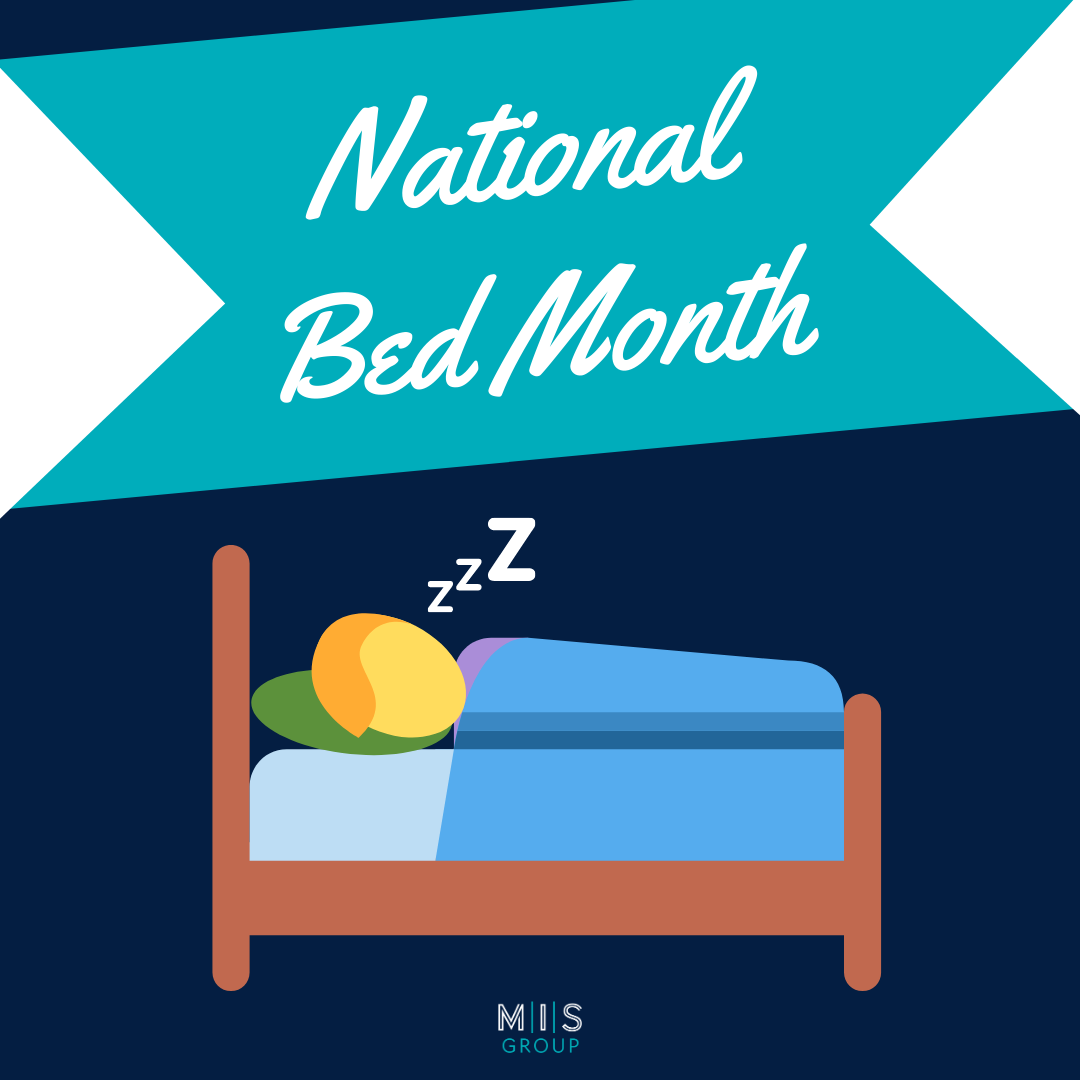According to the NHS, poor sleep can lead to issues with concentration, low mood and fatigue. This can lead to a number of issues in your everyday life. As per The Sleep Council & Sainsbury’s Living Well Index, ”better sleep is the biggest single contributor to living better”. Adults need between 7 and 9 hours of sleep a night. A lack of sleep is unsafe but sometimes unavoidable.
Have a read of some of the top areas affected by sleep and what you can do to help improve on this.
Work
A lack of sleep can lead to a lack of productivity, especially when in work. Despite numerous amounts of coffee, sometimes we just can’t shake the tiredness off. When tired, we find it hard to motivate ourselves to start the day, we lack concentration and aren’t fulfilling tasks to the best of our ability. Even when in meetings or having conversations with colleagues we lack focus and our minds can wander. This may cause us to miss vital information or even vital opportunities.
After a rough night of sleep we suggest opting for drinking more water than coffee. Coffee can give us a quick boost but fails in maintaining energy levels. Drinking more water improves circulation, digestion, detoxification and also increases the body’s energy levels, decreasing fatigue. Try snacking on fresh fruit, nuts & green vegetables too but avoid overeating which will cause you to feel heavy and sluggish.
Driving
Lack of sleep is an issue that is the cause of many road traffic accidents every year. When you lack energy and concentration, your reaction times increase and you aren’t as aware or responsive when you are out on the road.
When driving long distances, it is important to take regular breaks to stretch your legs and get some air. Refrain from driving late at night if possible. If you feel overtired, don’t get behind the wheel.
Mood
According to the Sleep Council, ”sleep deprivation itself can be a symptom of mental health problems and can increase the risk of developing mental health problems”. A lack of sleep causes an increase in a negative mood leading to an individual feeling more irritable, hostile and unsociable.
In an experiment carried out by the BBC and University of Oxford, it was found that after only 3 nights of restricted sleep (4 hours), anxiety, depression, stress, paranoia and mistrust in others all increased.
In order to help boost your mood after a rough night of sleep try exercising during the day.
Health
A lack of sleep can have an effect on your immune system. According to Healthline, ”While you sleep, your immune system produces protective, infection-fighting substances like antibodies and cytokines. It uses these substances to combat foreign invaders such as bacteria and viruses.”
Reduced sleep prevents your immune system from building up these forces and so reduces the ability of the immune system meaning your body may not be able to fight off any nasty illness or disease and may take you longer to recover.
This month we encourage you to try and maintain a sleep routine – go to bed early and at the same time each night and get up at the same time each morning (unless it is the weekend, then you definitely deserve a lie in!) Stay hydrated, reduce your caffeine intake but increase your fruit and veg intake. Exercise out in the fresh air, now that spring is coming the evenings are getting lighter and the sun is starting to shine. Try and be more aware of your sleep pattern and factors that contribute to your sleep.
And if worst comes to worst…try the good old counting sheep.
Sweet dreams!
*Please note the author of this blog is not a medical profession. Information has been taken from reliable sources online such as NHS, The Sleep Council and any others mentioned. If you are experiencing health issues relating to sleep please contact your GP or a medical professional.

